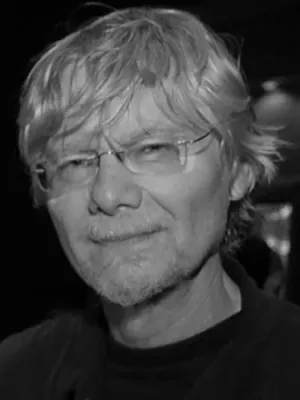The interpretation of the Vietnam War varies among different groups, with no uniform consensus on how it should be remembered. In the United States, the word "Vietnam" has become synonymous with the war, inspiring the title of the book, "Vietnam, a War, Not a Country." This stands in contrast to the often-repeated phrase "Vietnam, a country, not a war," originating from a slogan used during the protest movement against the Vietnam War in the 1960s and 1970s in the USA.
In the Democratic Republic of Vietnam, a large part of the population instead referred to the war as the American War. It is seen as a national liberation war and a continuation of a longer struggle against foreign dominance. The book notes that there is a battle over the memory of the war, a battle that continues to be fought in the communities affected by its horrors.
Passing Down the Pain
The researchers compare three different groups in the book. Magnus Ring explains: "We wrote it to compare how the three different groups - Vietnamese, Vietnamese exiles in the USA, and Americans in the USA - remember the Vietnam War in terms of 'cultural trauma'."
Within these groups, there are different narratives that not only provide community and meaning but can also lead to conflicts. According to Magnus Ring, the result is interesting because it shows how the same event can be interpreted in different ways in the memory work of different groups. "Perhaps the most important aspect is how the group of Vietnamese exiles still live with their collective trauma."
The ability to transfer trauma between generations, according to the researchers, is key to understanding why the memory of certain events lasts longer than others. How long the wounds from the war last in different societies is still an open question.
More on the book:
Ron Eyerman and Magnus Ring discuss "Vietnam, A War, Not a Country" in the podcast Vietnam Veteran News.
The discussion starts after about 20 minutes introduction given by the host.





